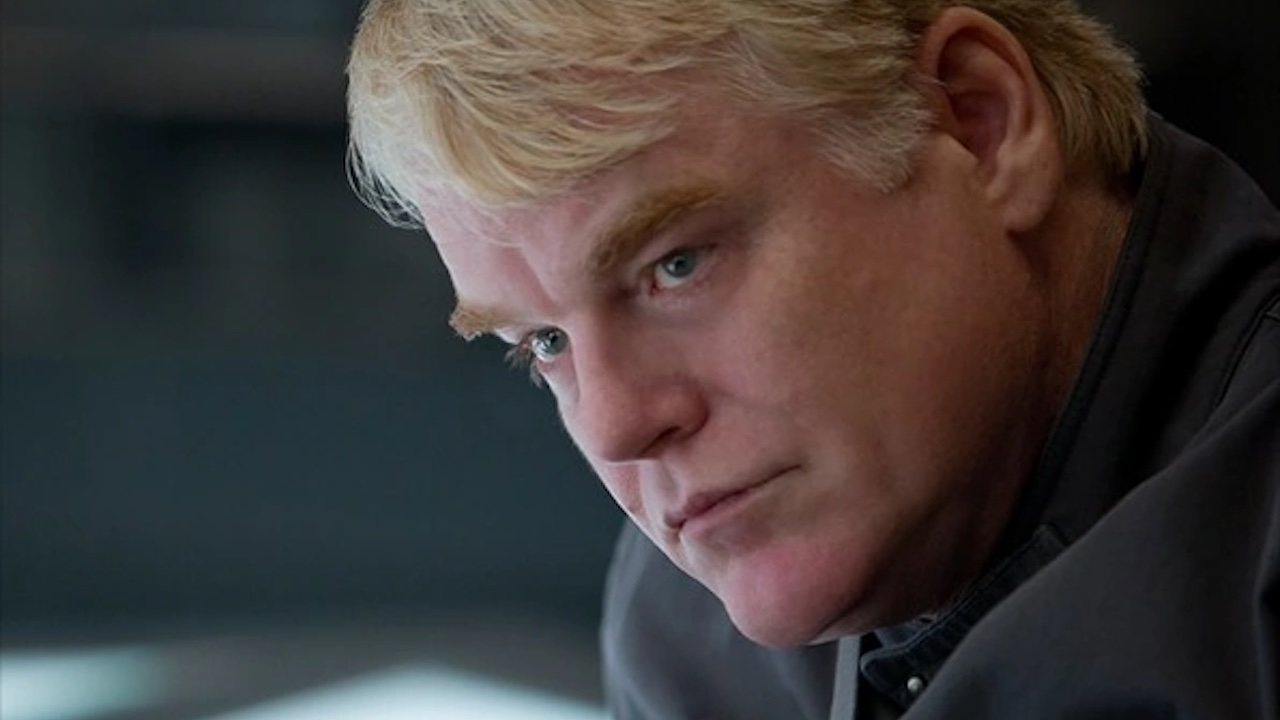Parents, teachers and child psychiatrists have complained for decades about the fading attention span of recent generations. They’ve done studies and pumped kids full of Ritalin and Adderall, often to no effect. But I suppose that there are some benefits inherent in an inability to focus. For example, you can tell an inattentive youngster three separate, mediocre jokes eight times over the span of 88 minutes and have them laugh each time. If your kid is like this, you’re in luck! You can take them to go see Alpha and Omega without hearing much complaint. The rest of you aren’t so lucky.
In the film, Justin Long and Hayden Panettiere play Humphrey and Kate, two members of a wolf pack in Jasper National Park, Canada. While they’re friends, they’re also part of two separate social groups. Kate is an Alpha, a skilled hunter and leader, while Humphrey is an Omega, a goofball who basically just sits around making jokes all day while waiting to be fed. When a food shortage hits, the two rival wolf packs in the park decide to join up by having Kate mate with the Alpha of the rivals, Garth (Chris Carmack), much to Humphrey’s dismay. But on the night in which Kate is meant to “howl” with Garth, both she and Humphrey are captured by humans and brought to a park in Idaho to repopulate. With the two packs ready to go to war, Kate and Humphrey try and make it to Jasper back before it’s too late.
They come few and far between, but there are moments of actual humor in the film. The problem, though, is that the writers know exactly when they’ve struck gold, so they mold those moments into a shovel shape and beat you over the head with it until you’re three feet below the Earth. “Here’s a thought! How about we have Kate’s mother act really sweet but say something horrifically violent!” “I love it! But instead of just doing that once, how about we use that shtick for every line she says!”
But the awful use of repetition doesn’t stop with humor, it also ruins other elements of the movie. Alpha & Omega opens with Humphrey and his buddies using a hollowed-out tree trunk as a toboggan. Using creative perspective shots and some honest-to-goodness effective 3D, it’s a fun scene. Including that moment, though, there are five action sequences. Of those five, four use the tree trunk toboggan as a key component.
As bad as all that repetition may be – and it is truly horrible – nothing stands up against the use of “howling.” In the story, “howling” stands in as a substitute for sex and mating, but goes so far beyond uncomfortable that you may find yourself squirming in your seat. When Kate and Garth go to the top of the mountain to “howl together,” he is so off key that a bird falls from the sky and hits the ground stone dead, leading Kate to stumble off awkwardly. It’s a joke targeted towards the adults in the audience, but is simply too discomfited to be funny. And then there’s the noise itself. Rather than an actual wolf sound, the filmmakers went with humans singing for their howls. The result is a musical interlude that is not only outrageously stupid but an assault on one’s ear drums.
If Alpha & Omega were a short film it might be more effective. The plot is simple enough to fill 20 minutes and using each joke once might let them have an actual impact. Even as a feature, the movie works in spurts, but it’s ultimately ruined by repetitive, lazy writing.

Eric Eisenberg is the Assistant Managing Editor at CinemaBlend. After graduating Boston University and earning a bachelor’s degree in journalism, he took a part-time job as a staff writer for CinemaBlend, and after six months was offered the opportunity to move to Los Angeles and take on a newly created West Coast Editor position. Over a decade later, he's continuing to advance his interests and expertise. In addition to conducting filmmaker interviews and contributing to the news and feature content of the site, Eric also oversees the Movie Reviews section, writes the the weekend box office report (published Sundays), and is the site's resident Stephen King expert. He has two King-related columns.











